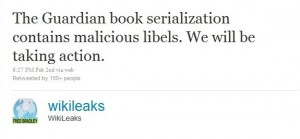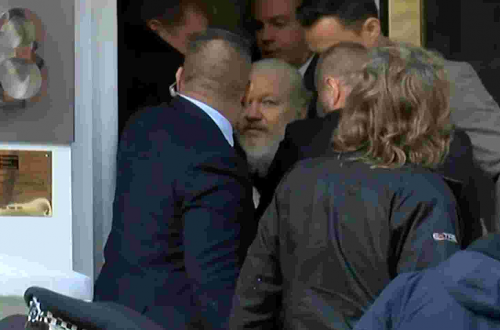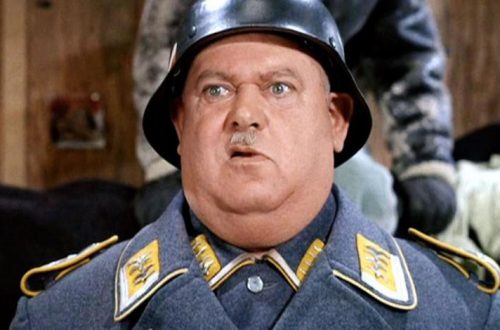Here’s David Allen Green, the Legal Correspondent of the New Statesman:
First, the use of “we” suggests that the (presumably legal) “action” is threatened by WikiLeaks as an entity, rather than by any particular individual such as its founder Julian Assange. This suggestion is supported by the fact it was sent on the official Wikileaks Twitter feed. If this is the case, then WikiLeaks may be following the unhappy example of the British Chiropractic Association (BCA) and other organizations in making libel threats in respect of unwelcome scrutiny and comment. And, as with the BCA, such a course of action can quickly be seen as illiberal and misconceived.
Second, the alleged libels are not just your normal libels but “malicious” libels. This may be careless verbiage, but presumably this tweet was checked by a legal adviser before publication. If the invocation of “malice” was deliberate, this would be a serious (indeed defamatory) accusation against the Guardian: not only is the serialization defaming Wikileaks, it is doing so with the wrongful motive of doing damage to WikiLeaks. However, WikiLeaks has presented no evidence of such malice.
Furthermore, WikiLeaks has not even specified the alleged libels. It has instead made a bare and vague threat, the very sort of corporate attempt to deter public scrutiny which has led many to support the libel reform campaign.
But, as the founder of WikiLeaks himself recently signed the Libel Reform petition, there is the question as to whether there is a lack of consistency with this threat to bring a libel claim against the Guardian.
In any event, the use of a libel threat makes it clear that although WikiLeaks promotes transparency and openness for others, it does not really enjoy being scrutinized itself.
This basic lack of intellectual and legal consistency can be seen elsewhere. For example, it is reported that Assange believes WikiLeaks has some form of legal ownership in the confidential and secret information which it proposes to publish. This is an astonishing and legally incorrect view, especially when a great deal of that information was provided in breach of civil and criminal law. Assange even threatened to sue the Guardian on this remarkable basis.
David Leigh, the co-author of the serialized book, calls this latest legal threat “comical”. That is a generous word, and the threat at least warrants the application of the leading case of Arkell v Pressdram. However, in my view, the threat is more discrediting and worrying than funny.
The Guardian has confirmed no formal threat has been received; it may never now be sent. But whether the threat was made in earnest or not, it is another troubling indication of the increasingly muddled and paranoid world of WikiLeaks.
None of this is surprising, from what we know of Assange and Wikileaks. This is, after all, an organisation which paid a Holocaust denier to take Wikileaks to Russia and Eastern Europe, who promptly allied with Lukashenko and used the information to help attack democracy activists.
This isn’t the first time that Assange has made threats to sue those who don’t do what he wants.


